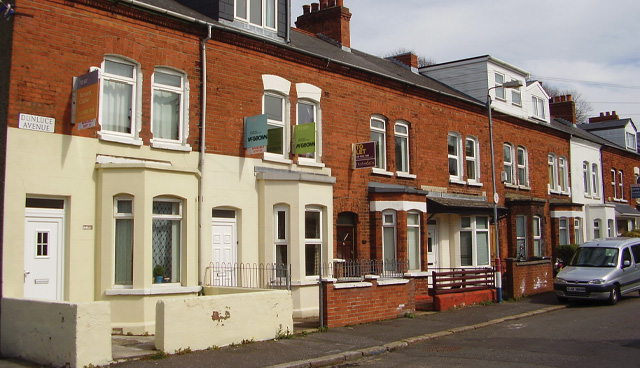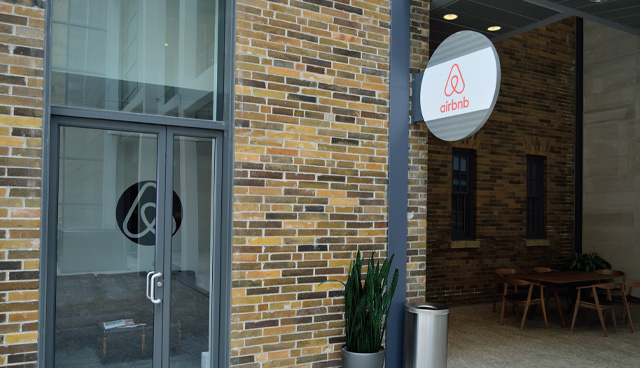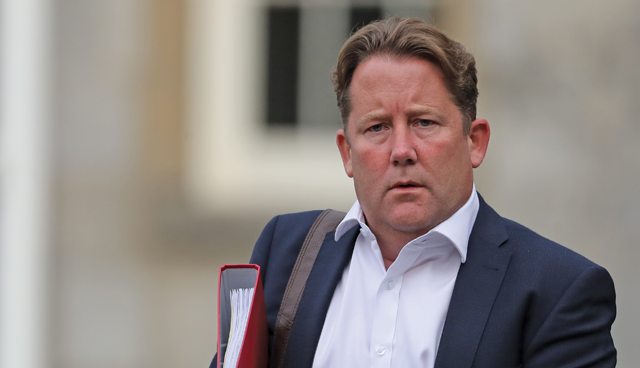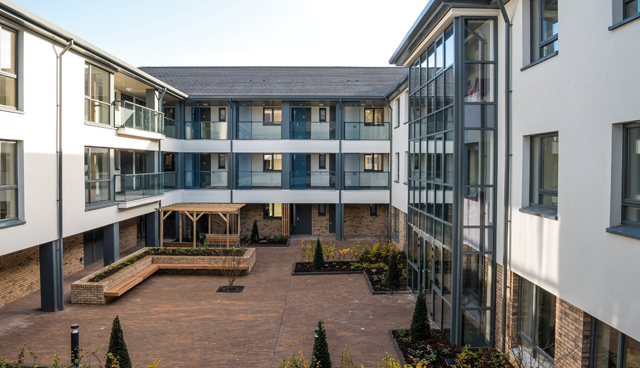
Northern Ireland Private Tenancies Bill
4th July 2022
Housing For All in a boiling pot market
4th July 2022Airbnb challenge still live

Despite many believing the Covid-19 pandemic would serve to burst Ireland’s Airbnb bubble, recent figures show that Airbnb availability now outstrips long-term rental homes in every county.
In March 2020, as the Covid-19 pandemic and subsequent restrictions gripped the country, Airbnb hosts quickly felt the financial impact of cancellations and an almost complete cessation in demand.
At the time, Daft.ie recorded a marked increase in the number of adverts for rental properties, as property owners sought out the security of longer-term rentals amid the abrupt halt in demand for short-term rentals.
Originally conceived as a second revenue stream for people renting out their spare rooms or empty holiday homes on a short-term basis, Airbnb has increasingly encroached on private rental markets and been identified as an obstacle to the undersupply of housing in Ireland.
Predictions at the time suggested that one potential silver lining of the pandemic would be the wholesale return of properties that had been utilised for short-term letting to the private rental or sale market.
Such predictions have proven unfounded, however. In May 2022, The Times published data which showed Airbnb listings outstripping long-term rental home availability in every county in the State. In Dublin, six times more properties were available to rent via Airbnb compared with those featured on Daft.ie.
Data published by The Times came from Inside Airbnb, a platform set up to give transparency and track rentals, but one which Airbnb claims uses flawed methodology and makes misleading claims about the impact of Airbnb on local housing.
In 2019, Ireland adopted new rental regulations designed to crack down on property owners who cash in on more profitable, less regulated, Airbnb listings. However, it is now recognised that these measures have failed to curb pressures.
Short-term Lettings Enforcement Bill 2022
In May 2022, the Government announced plans to publish its own Bill in response to opposition TD Eoin Ó Broin’s Short-term Lettings Enforcement Bill 2022. The Sinn Féin Bill seeks to legally compel estate agents and online platforms to only advertise properties that are compliant with the Planning and Development Act 2000 (Exempted Development) (No. 2) Regulations 2019. It would also allow for the issuing of spot fines to Airbnb and other providers.
While the Government did not oppose the Bill which completed its second stage on 17 May 2022, Housing Minister Darragh O’Brien TD has indicated his intention to bring additional legislation to restrict the short-term letting of houses and apartments before the summer recess.
Responding in June 2022, Airbnb said that it wants to work with the Irish Government to make short-term rental rules enforceable and effective. Announcing its Community Tourism and Housing Protection Plan in Dublin, the platform said that one of its five commitments was the enforcement of short-term rental rules, including the introduction of a single host register for Ireland to establish a clear system for hosts to follow and give authorities the information they need to take action against property speculators that are damaging communities. Airbnb says it would support this by ensuring only registered hosts are able to publish listings on the platform.






